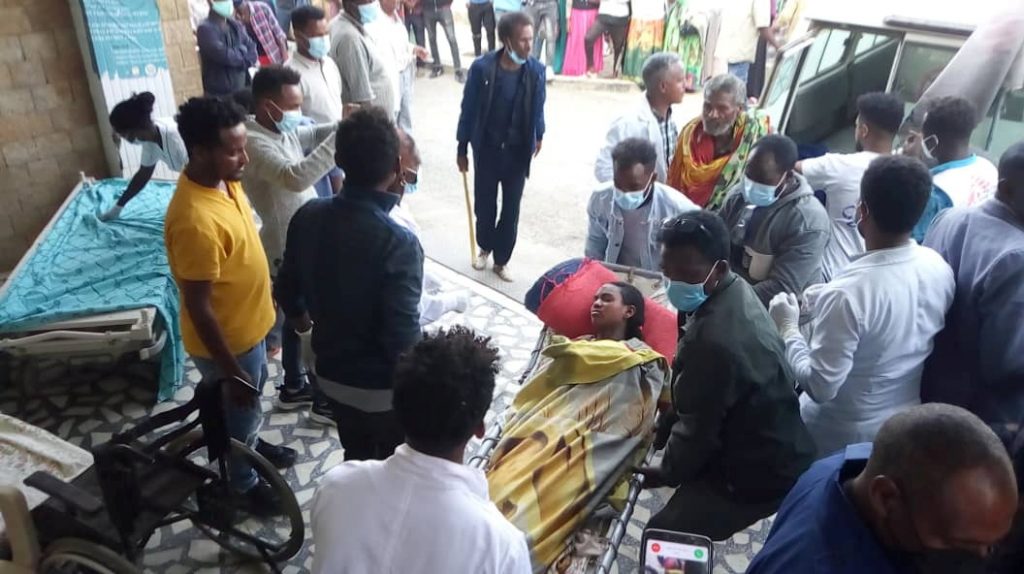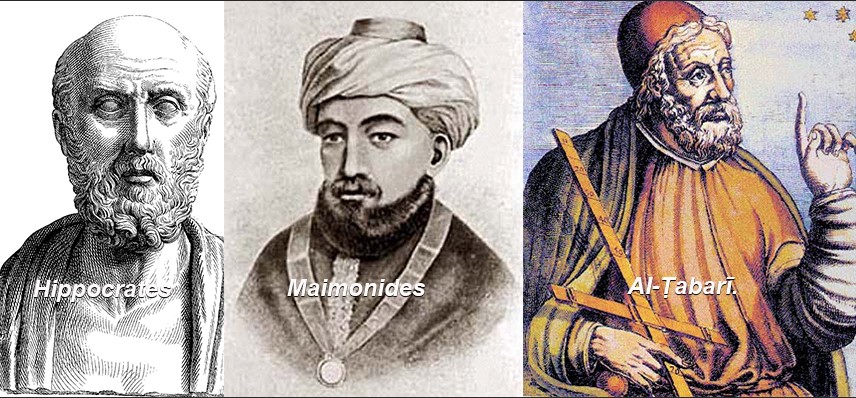
A little more than 2000 years ago a man was born into the Middle East not far from what is Tigray today. He came from an ancient tradition stemming from a covenant made between God and Abraham that would lead to Judaism, Christianity, and Islam. This shared heritage saw human beings as being created in the image of God, with each having a life with dignity and value, and that the affairs of man should be done in accordance with the commandments of God given to the prophet Moses.
The world Jesus was born into was corrupt and morally lost. The ruler of Jerusalem was a half-Jew who had made an unholy alliance with the Roman Empire to seal his complete power over his domain rejecting the Jewish faith. A seemingly unquenchable bloodthirst compelled him to kill many of his subjects and even his own wife and her family who came from a ancient rabbinical lineage. When this ruler named Herod heard that a Messiah was born his fear of losing power became so enraged he killed every male child born in the kingdom in a cruel mockery of the Passover story.
Today is the second celebration of the birth of Jesus Christ in the West (while in Ethiopia this will occur in a few weeks) since then the people of Tigray have been under siege, depravity, violation, starvation, isolation, and risk of violent death without end. I appreciate what God’s grace has given me and my family and am grateful yet everyday my heart sorrows for the suffering of the Tigray people.
As a researcher and physician I have cared for and interacted with thousands of families in distress traveling through much of Tigray. Most of them live a very simple hard life working everyday to have minimal water, food, and shelter which most of the world takes for granted. Yet they unwaveringly hold their faith in God even in the midst of genocide. Their life is not much different then that into which Jesus was born.
Today the power that brought this suffering to these children of God lies with group of clerico-fascists who have twisted ancient words of wisdom to their own selfish ends like the Sanhedrin that questioned Jesus. They uphold a ruler who played in a park while his people fought locusts destroying their crops. Whilst children and elderly die from agonizing hunger he denies them any food. Who forbids any communication between families who for more than year have been in darkness. Who brings death from the sky randomly targeting innocent souls.
Under the leadership of this dark leader, Abiy Ahmed and his associates, Tigray has suffered like the kingdom of Jerusalem did under Herod. I pray that the Holy Spirit will somehow find its way into the dark hearts causing so much misery. Jesus Christ, the son of God, told us that love between the brothers and sisters of God’s creation is the only way to salvation.
Amen




